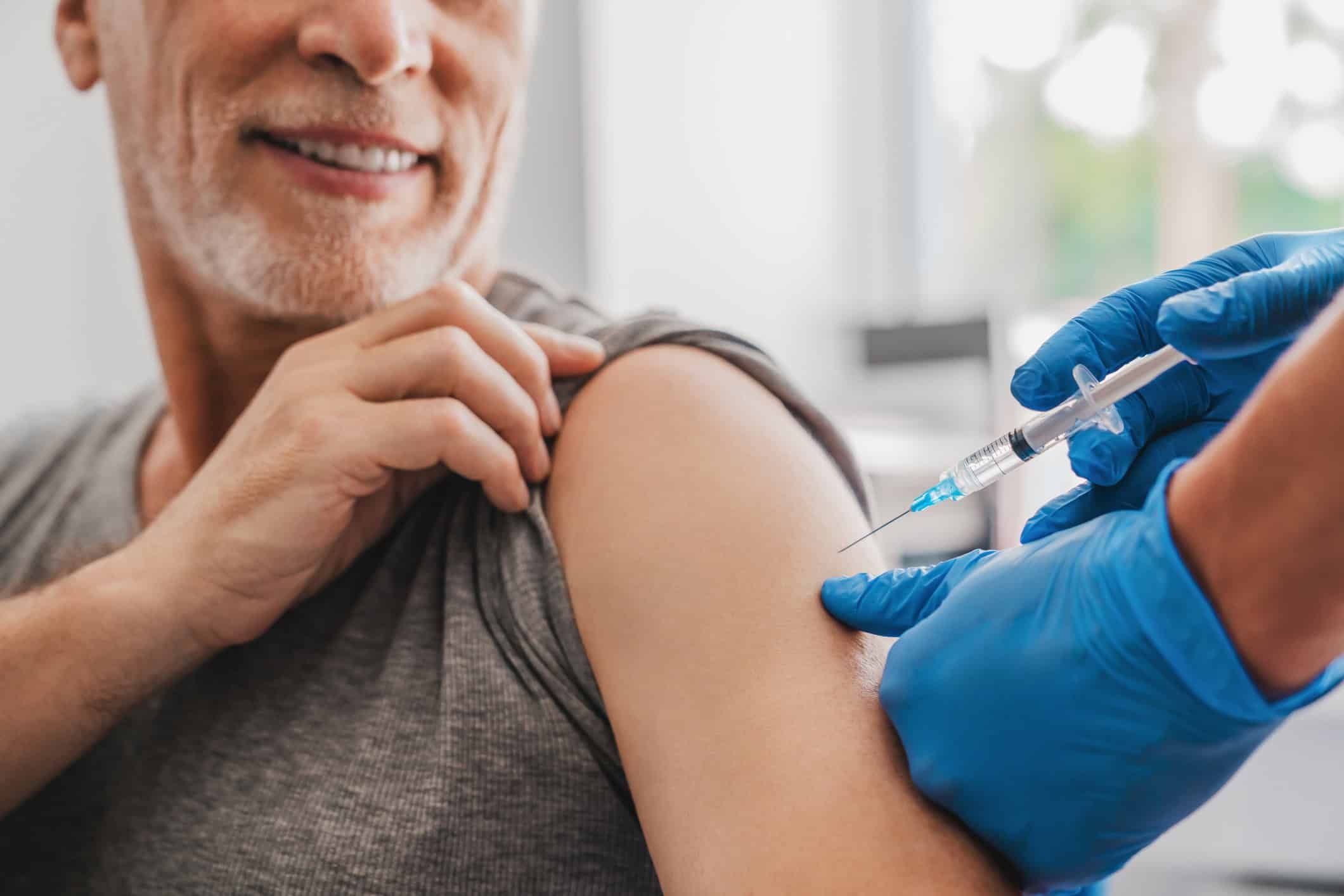Seniors
Want to learn more about this at Kettering Health?
At a Glance
Q: What is shingles and why does it happen?
A: Shingles is a painful rash caused by the same virus as chickenpox, which can reactivate later in life.
- Shingles risk increases as immunity declines with age.
- Vaccine uses inactive proteins to build immunity.
- Learn who should get vaccinated and why.
If you had chickenpox as a kid, you might have faint memories of red, itchy bumps your mother warned you not to scratch. Maybe you stayed home from school and couldn’t play with your siblings.
It was probably an uncomfortable, frustrating time, and you’re now thinking, At least that’s over.
But if you had chickenpox, you’re at risk for shingles. In fact, about 10% of people who had chickenpox later have shingles.
Thankfully, one thing can lower your risk for shingles: getting vaccinated.
What is shingles?
According to Dr. Soumya Nadella, a Kettering Health Years Ahead provider, the varicella-zoster virus, the virus that causes chickenpox, also causes shingles.
“Once it causes chickenpox,” Dr. Nadella says, “the virus goes dormant. As people get older and their immune system is down, the virus can reactivate itself and produce shingles.”
The hallmark of shingles is a painful, itchy rash that may also burn. The virus may also cause
- Headaches
- Fatigue
- Fluid-filled blisters
After the rash is gone, people may experience long-term side effects from the virus, including a loss of sight or hearing or balance issues. However, the most common lasting side effect is pain.
“People can be very sensitive in the area where the rash occurred,” Dr. Nadella explains.
If you do develop shingles, Dr. Nadella recommends keeping the rash dry, clean, and covered to avoid spreading. Oatmeal baths and a cool compress can help with itchiness and pain.
But the best thing you can do is prevent shingles by getting the vaccine, which is 97% effective.
The shingles vaccine
The chickenpox vaccine has been around since the ’80s, but the shingles vaccine most commonly used today, Shingrix, was developed in 2017.
Unlike most vaccines, which contain antigens (a weakened version of a virus) to boost the body’s immune system, Shingrix is an “inactive” vaccine. Instead of antigens of the varicella-zoster virus, it contains proteins from the virus that are not infectious but still prompt the immune system to build defenses against it.
The vaccine is recommended for anyone 50 years old and older who had chickenpox or anyone who’s 19 years old or older and immunocompromised.
Dr. Nadella explains that the vaccine may also be suitable for those who had shingles to prevent the onset of postherpetic—the “burning pain in the nerves” that can occur after the rash.
If you’ve had chickenpox and are curious about the shingles vaccine, talk to your primary care provider.










